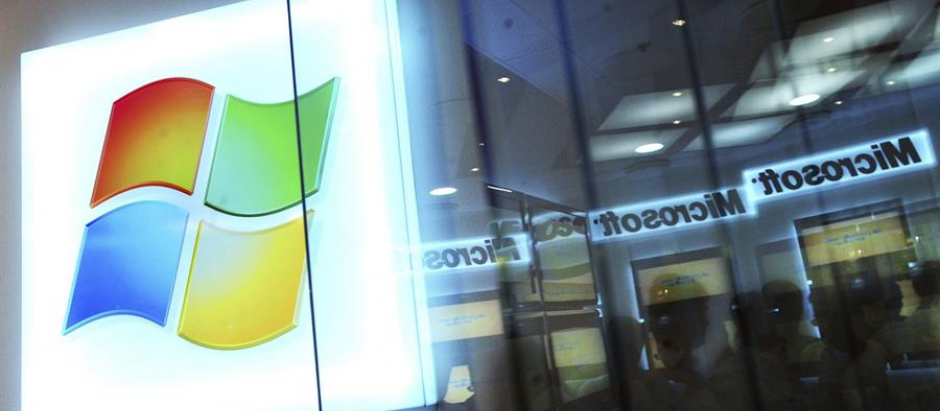French authorities on Thursday announced a 60 million fine against Microsoft for its handling of cookie permissions.
France’s Commission Nationale de l’Informatique et des Libertés (CNIL) said in a statement that the computer giant had failed to implement a system for rejecting cookies as easily as accepting them on its bing.com website.
Consent
The agency explained that, following a complaint, it found that, when visiting the site, cookies, mainly advertising cookies, began to be downloaded without the user’s consent.
It also noted the absence of a button to refuse the entry of cookies in a way that is as simple as accepting them.
France fines Microsoft 60 million for setting advertising cookies
The CNIL justified the size of the fine by the number of people affected and by the profits that the company makes indirectly through advertising revenue generated from the data collected by cookies.
In addition to the financial penalty, Microsoft is obliged to include on its bing.com website, within a maximum period of three months, a system to ensure that its users in France actually accept cookies before they start to enter their electronic devices.
Otherwise, the company could be fined 60,000 euros per day if it delays, concludes the CNIL.
Back to Microsoft again, although this time it won’t be because of the Activision Blizzard deal. If the company was already facing a legal battle with regulatory bodies around the world with this acquisition, this is not the end of its problems. Microsoft will now have to pay a hefty fine. France, or rather the French privacy watchdog, has fined Microsoft no less than 60 million euros for imposing advertising cookies on users without their consent.
Since cookies are use to track the surfing of these users on the Internet and virtually all websites use them, anyone could be guilty. Finally, the French watchdog gives Microsoft 3 months to fix it. If it fails to do so, it will be penalised with a payment of up to 60,000 euros per day it is late. Already in 2021, the CNIL imposed fines of €210 million due to cookies, so this is not the first time this has happened. Back then, it was a fine of €150 million for Google and €60 million for Facebook.




